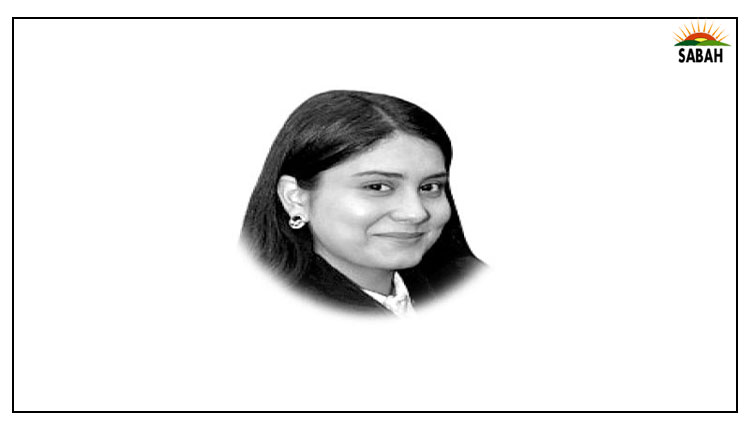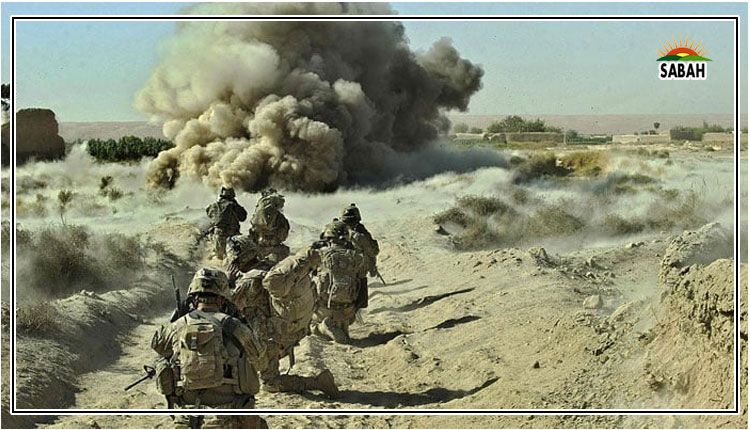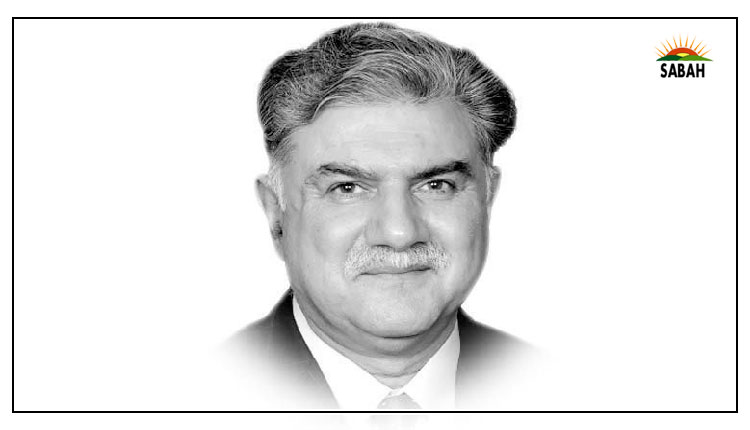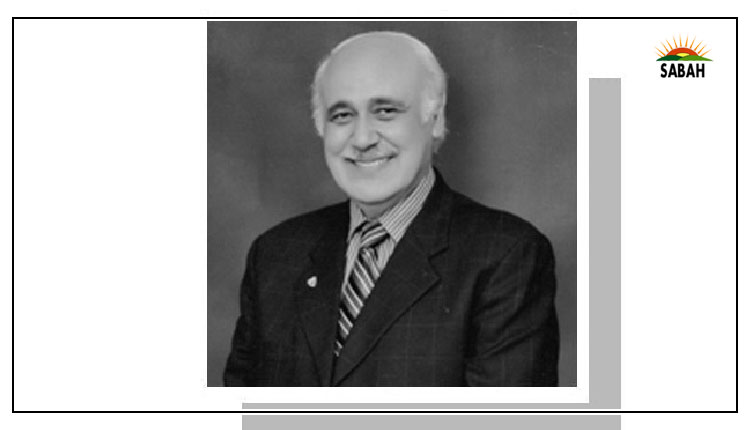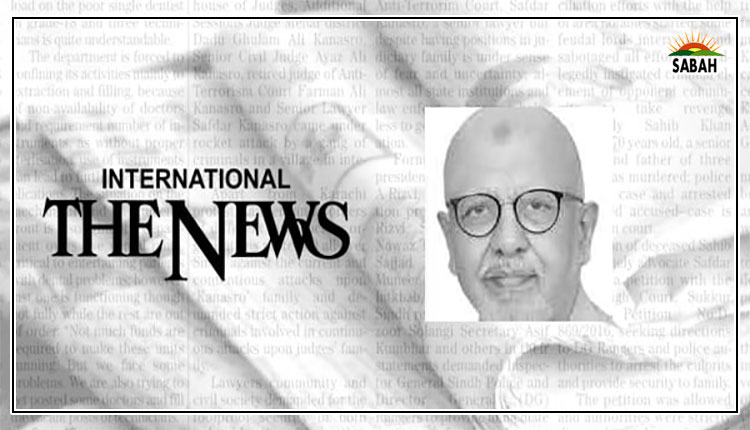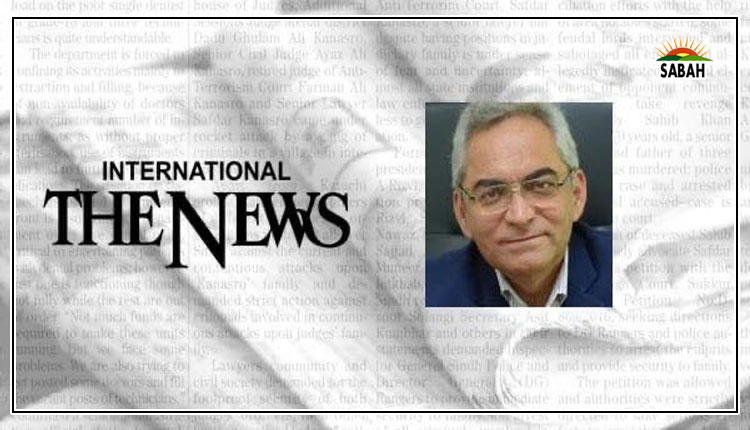Through creative destruction: Part – II…Syed Asad Ali Shah
Previously I discussed why Pakistan needs to break the IMF cycle of bailout programmes through debt restructuring and transformational reforms. I described this process as creative destruction: how we need to reconstruct the institutions of governance for sustainability.
This article will further discuss the ineffectiveness of our houses of parliament which is the main obstacle to the countrys progress, together with what necessary reforms are needed.
In a parliamentary form of government, the houses of parliament (the Senate and national and provincial assemblies) have overarching powers to appoint the executive (prime minister and chief ministers). This structure then formulates laws to ensure the effective functioning of the state and its key institutions. They then carry out appropriate surveillance to hold them accountable for desired outcomes in the interests of Pakistan.
Our parliament has remained dysfunctional for most of its history. Instead of acting as a supreme body, it has remained subservient to the executive or heads of ruling political parties. This can be seen even in its current condition when the country is faced with the most severe economic crisis since its creation.
Pakistan is on the verge of sovereign default, and faces the highest inflation, negative growth and the worst possible socioeconomic indicators. Unfortunately, there has been hardly any debate, nor have any questions been raised or possible solutions discussed in parliament or provincial assemblies. This entire discourse is happening outside the houses of parliament.
The key weakness of our parliamentary system lies in the makeup of our houses of parliament. Most members (MPs) possess one or both of the two characteristics. First, they are electables who have gained influence at the local level by staying in power for extended periods during which they developed patronage networks by dispensing favours such as development funds, government jobs, etc, to important sections of their constituency.
Second, they are party loyalists who blindly follow the commands of party leaders, regardless of public interest. Unfortunately, MPs with these characteristics generally lack other more desirable traits that are necessary for effectively fulfilling their responsibilities, such as integrity, accountability, communication and leadership skills, knowledge and expertise, commitment to doing the right thing, prioritization of country needs over personal interests, and the courage to challenge the executive when they fail to deliver.
In this culture, most MPs unsurprisingly aspire to obtain a critical ministry or have close relations with the leadership to amplify power and influence. This ambition pushes them to acquire mastery in the art of sycophancy and defending the party leader in all circumstances, instead of focusing on the real work of parliament of resolving socio-economic problems of the country. As a result, they become faithful followers, rather critical thinkers.
The national and provincial assemblies have five major roles (the Senate being largely a talk shop with some role in legislation and accountability), which include appointing the executive, approving the budget, legislation, debates on matters of public interest, and accountability of the executive.
Even though the first role of electing the executive has become a formality, as the leader of majority party or his/her nominee gets elected smoothly, the contribution of MPs in the other roles remains superficial. Members on the treasury side end up supporting the budget without objective analysis or scrutiny, while opposition members oppose it without a sound reason.
The contribution to legislation and debates on key issues is perfunctory, by using historical replicas of laws from other jurisdictions that are directed by their parties or donors. Surveillance and accountability remain ineffective, as the system of the Public Accounts Committees is based on the work of an archaic government audit system through the Auditor General of Pakistan. This happens to be a complete waste of time and money (and this was covered in detail in my previous two articles).
The fundamental reason why our parliamentary system is not working is the rudimentary state and incapacity of our political parties, which are being run arbitrarily by dominant leaders since independence. There is no succession planning in all major parties, and they lack policies, systems and processes to attract talented individuals who can bring new thinking and ideas that are required to bring much-needed disruptive innovation.
Unfortunately, none of these parties seem to have developed an inspiring vision, credible roadmap and policies necessary for effective governance to improve the key indicators of Pakistan. Although these parties issue manifestos before elections which promise everything under the sun, their documents lack serious analysis or work on the complex issues that have made our country unproductive. In reality, these manifestos seem to follow the quote by Napoleon, If you wish to be a success in the world, promise everything, deliver nothing.
Amongst other limitations of major political parties, which effectively control and constitute the houses of parliament, a major problem is lack of intent to select the right candidates for the national and provincial assemblies, who have the right competencies that will enable them to make optimal contributions in the work of such houses.
Political parties play a crucial role in running parliament as they are responsible for appointing competent leaders to govern and hold them accountable for their actions and outcomes. Since the houses of parliament have been made ineffective, this leads the entire parliamentary system of governance to go downhill. The parliamentary system heavily relies on the competency and efficiency of political parties in developing talent, policies, vision, and strategies for the betterment of the country.
To improve the effectiveness of the parliamentary system, political parties must create a robust system to select the right candidates who can make valuable contributions in their respective assemblies. They must initiate a process of introspection to identify why they have failed to provide capable leadership to steer the country in the right direction. They must especially establish robust policies and processes to select competent candidates with the required skills to make our houses of parliament more effective and develop competent leaders who have the stature and foresight to make a positive impact on the countrys progress for a better future.
To be continued
Courtesy The News



